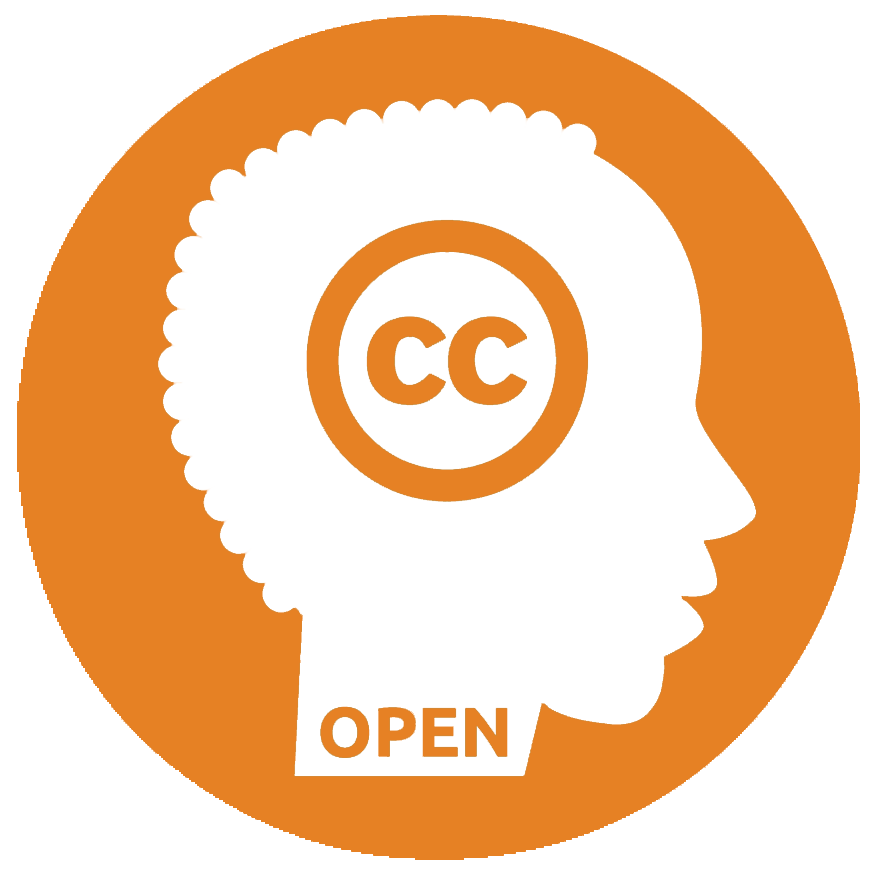Your search
Results 4 resources
-
The present meta-analysis challenges the notion that young children necessarily need adult scaffolding in order to understand a narrative story and learn words as long as they encounter optimally designed multimedia stories. Including 29 studies and 1272 children, multimedia stories were found more beneficial than encounters with traditional story materials that did not include the help of an adult for story comprehension (g+ = 0.40, k = 18) as well as vocabulary (g+ = 0.30, k = 11). However,...
-
In this study, we meta-analyzed empirical research of the effectiveness of intelligent tutoring systems (ITS) on K–12 students’ mathematical learning. A total of 26 reports containing 34 independent samples met study inclusion criteria. The reports appeared between 1997 and 2010. The majority of included studies compared the effectiveness of ITS with that of regular classroom instruction. A few studies compared ITS with human tutoring or homework practices. Among the major findings are (a)...
-
It is assumed that serious games influences learning in 2 ways, by changing cognitive processes and by affecting motivation. However, until now research has shown little evidence for these assumptions. We used meta-analytic techniques to investigate whether serious games are more effective in terms of learning and more motivating than conventional instruction methods (learning: k ϭ 77, N ϭ 5,547; motivation: k ϭ 31, N ϭ 2,216). Consistent with our hypotheses, serious games were found to be...
-
The purpose of this review is to learn from rigorous evaluations of alternative technology applications how features of using technology programs and characteristics of their evaluations affect reading outcomes for students in grades K-12. The review applies consistent inclusion standards to focus on studies that met high methodological standards. A total of 84 qualifying studies based on over 60,000 K-12 participants were included in the final analysis. Consistent with previous reviews of...
Explore
Outcome measure
- Learning (4)
- Motivation (1)
Instructional domain (subject)
- Literacy (2)
- Mathematics (1)
- Multiple (1)
Education Level and Type
- ECE 0-7 (1)
- High school 16-18 (1)
- K-12 (3)
- Primary 7-10 (1)
- Secondary 11-16 (1)
- Tertiary (1)
Groups of students
- EAL (2)
- Learning difficulties (1)
- Low-performing (2)
- Low socio-economic status (2)
- SEND (1)
Moderating variables
- Attainment level of students (1)
- Design-type/ testing instruments (2)
- Ethnicity (1)
- Gender (1)
- Grade/education level (2)
- Length of time (2)
- Multiple exposures (2)
- Peer involvement/group learning (1)
- SEND (1)
- Teacher involvement (1)
- Type of instruction methods (student/teacher centered) (1)
- Type of knowledge or task (exposing, procedural, active, etc (1)
Tech Hardware
- CD ROM/ DVD (1)
- Computer (3)
- E-book hardware - e.g. kindle (1)
- Internet (1)
- Multimedia (1 or more)
- Radio (1)
- TV (1)
Tech Software
- Audio books (1)
- Computer-Assisted Instruction (CAI) (1)
- Digital Media (audiovisuals) (2)
- E-book software (1)
- General apps (1)
- Graphic organisers/Visualisations (2)
- Intelligent Tutoring (1)
- LMS (1)
- Serious games (1)
Tech mechanism
Learning Approach
- _No mention (1)
- Blended learning (1)
- Classroom learning (2)
- Remote learning (1)
Teacher Pedagogy
- _No mention (1)
- Game-based learning (1)
- Group learning (1)
Research methods
Effect size/ heterogeneity
HIC/LMIC
- HIC (high income) (3)
- Mixture or unknown (2)
Quality of research
- High: 6+ (4)
- Medium: 4 or above (2)

